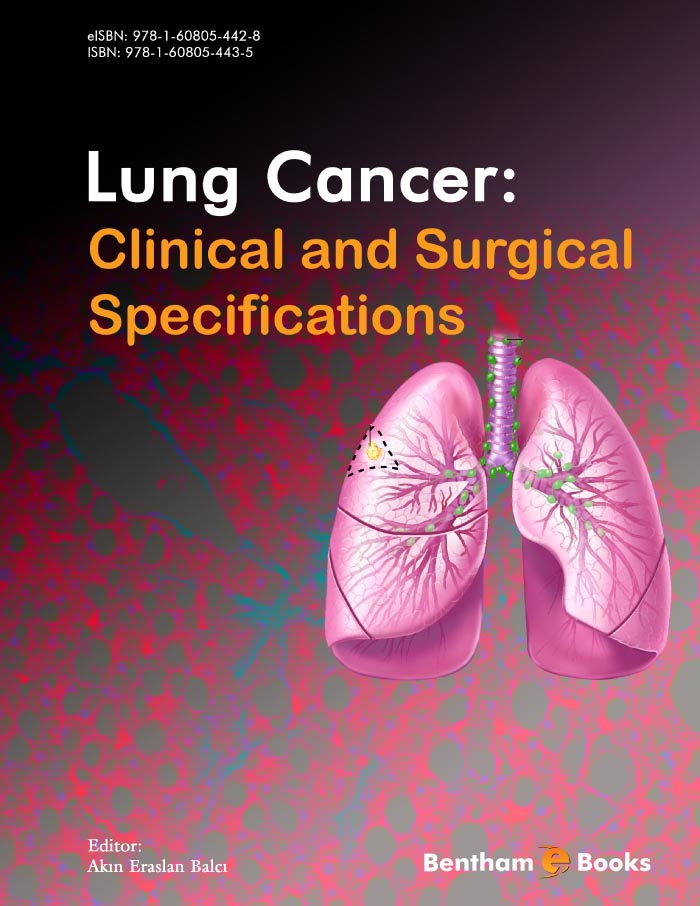Introduction
Lung cancer diagnosis worldwide has advanced considerably. Progress in diagnostic techniques and therapeutic methods has greatly improved life expectancy in lung cancer patients. Information on lung cancer diagnosis and treatment is therefore useful for all medical professionals especially those who work outside the realm of pulmonology or oncology. This book answers the needs of medical professionals seeking this information and includes both internal and surgical aspects of lung cancer as well as developments in molecular research on pulmonary oncology.
The e-book is divided into several sections which cover basic research on lung cancer epidemiology and carcinogenesis and continue through treatment modalities on non-resectable and advanced stage lung cancer cases (radiofrequency ablation, microwave ablation) and new diagnostic techniques (PET scan). The e-book also contains a section dedicated to surgical treatment options in lung cancer patients. Readers will be able to equip themselves with the necessary medical information for diagnosing lung cancer and treating patients requiring surgery.

